Lesley Macleod turned to the film industry for help when she was trying to figure out what she wanted to do as a career.
At no point did she ever consider working as a nurse.
“I watched Indiana Jones and wanted to be working out in Egypt finding mysteries,” she says.
But she’d grown up really interested in science so decided to study this at college.
Then one day someone asked if she’d ever thought about becoming a nurse because she could choose where she wanted to work.
“That triggered me because I wanted to see the world, ” she says. “So I looked into it.”
Now Lesley works as the lead advanced nurse practitioner at Dr Gray’s Hospital in Elgin managing a team of highly skilled staff.
What does an advanced nurse practitioner actually do?
Her own career began in the orthopaedic trauma unit at Blackburn Royal Infirmary in Lancashire after graduating with a degree in Dundee.
It was a busy nursing role but there came a point when there was a lot of uncertainty due to the merging of two neighbouring health trusts.
“It was a really turbulent time and at that point, I thought about coming out of nursing because I wasn’t happy with everything that was going on,” she says.
But after thinking about her future she opted for redeployment starting a new role as a scrub nurse as part of a surgical team.
Helping patients undergoing major operations for serious conditions such as pancreatic cancer became part of her role.
“I was in theatre for about eight-and-a-half years and ran the emergency list,” she explains.
“In emergencies you did everything, I loved it.”
But Lesley took every opportunity that came her way to progress because she always had a feeling she wanted to do more in her career.
“I didn’t want to be a doctor, I was too old to train for that,” she says.
A consultant then told Lesley there was a highly skilled role she could train for as an advanced nurse practitioner.
“I did as much digging as I could and the more I read about it the more I thought ‘Yes this is for me’,” she says.
“It wasn’t just about theatre; it would mean I would be on the wards, assessing patients, doing examinations and being able to perform minor procedures.
“That’s like being a doctor without going to medical school for a long time. This was actually something I could do.”
What else can they do?
After completing her training, Lesley thrived with all the new responsibilities of her role.
She worked as part of the on-call team tasked with attending to emergencies.
And she could prescribe medications, request endoscopies, provide advanced life support and confirm the death of a patient in a hospital.
“The consultants would sometimes tell me they needed to go into a meeting and ask if I could look after their phone,” she says.
“They trusted that if it was something I couldn’t deal with I would call them on their personal phone.
“It’s building that relationship of trust. Your senior clinicians know your competency, know what you can and can’t do, and then they trust that they can just let you get on with it.”
But Lesley was always keen to move back to Scotland and started applying for new roles.
She was hired as the lead advanced nurse practitioner at Dr Gray’s Hospital in Elgin and started her new role in November 2019.
How does their work help patients?
Lesley moved up to Moray to start her post just a few months before the start of the pandemic and says she’s really lucky to work with such an enthusiastic team.
Her colleague Karen Simpson trained up to be an advanced nurse practitioner (ANP) in surgery in 2018.
“I always wanted to go up the ranks but I’ve never wanted to be the manager of a ward,” Karen says.
“I always wanted to be clinical and I work a lot more closely with the doctors.”
She currently works in the surgical ambulatory clinic assessing patients admitted with an emergency or coming back for a review of their condition.
And she’s training up to run a clinic of her own examining patients with gall bladder pain, cysts and hernias.
This will free up the surgical consultants to deal with more complex cases.
“I don’t want to see patients at hospital, I want them to be well and at home,” she says.
“But when they do come to us, I want them to be seen quickly and get them treated to the best that we can and get them home as soon as possible.”
Why are staff keen to become advanced nurse practitioners?
Her colleague Dawn Franklin is an ANP working in the acute assessment unit alongside consultants.
She helps with the daily ward round where patients are assessed and treated and advanced nurse practitioners can prescribe medications.
These nurses have advanced skills and are continually learning new ones which help take the pressure off senior doctors.
Lesley says nursing has changed “massively” since she started out in her career when there were only certain paths available for nurses.
You could either be promoted to a management role or become a specialist in one field such as becoming a tissue viability nurse or a stoma nurse.
But advanced nurse practitioner roles give staff the flexibility of working in a highly skilled and varied role while still directly treating patients.
One of the team is learning how to do lumbar puncture procedures and ANPs will soon be taking a course enabling them to prescribe blood to patients.
The team is now expanding and two new trainees were recruited this month.
Lesley is keen for her team to continue to flourish and learn as many new skills as possible.
“When I was a nurse right back at the start I never thought I would be doing anything like this,” she says.
“One to have physically done it myself but also being part of a team trying to introduce it at another hospital.
“It just takes you in completely different routes that you never would have dreamed would happen.”
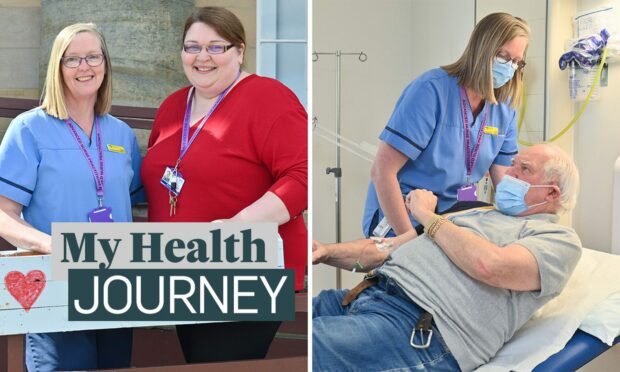
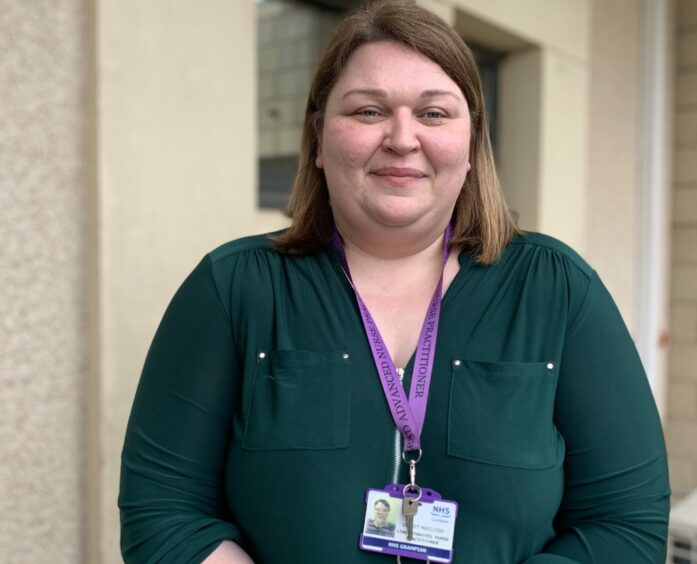
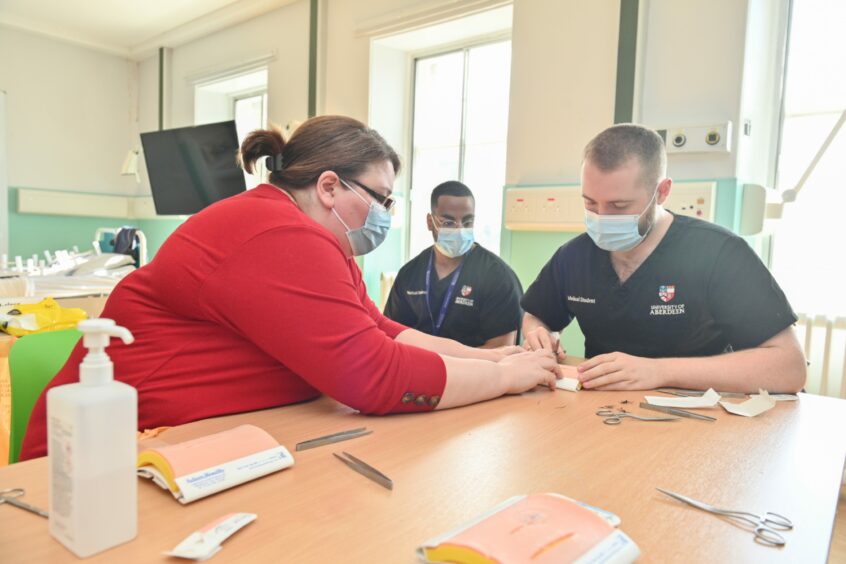

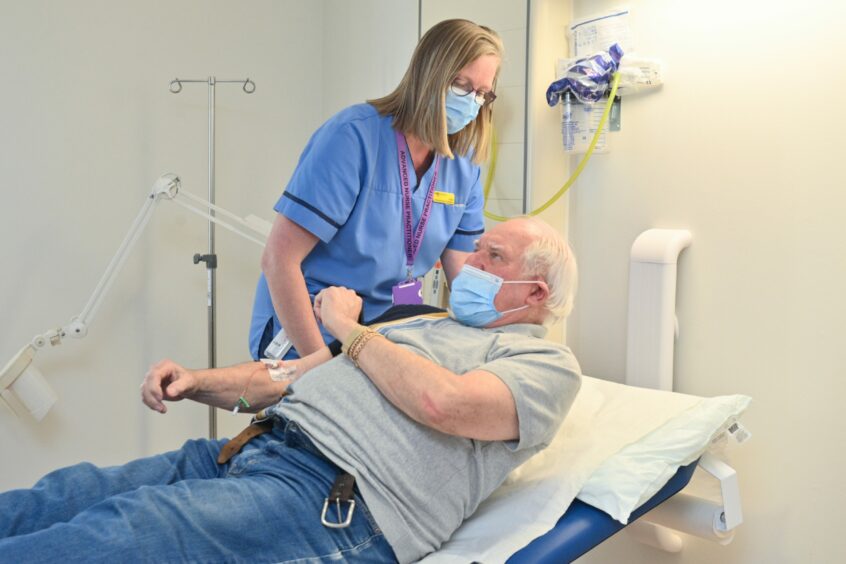
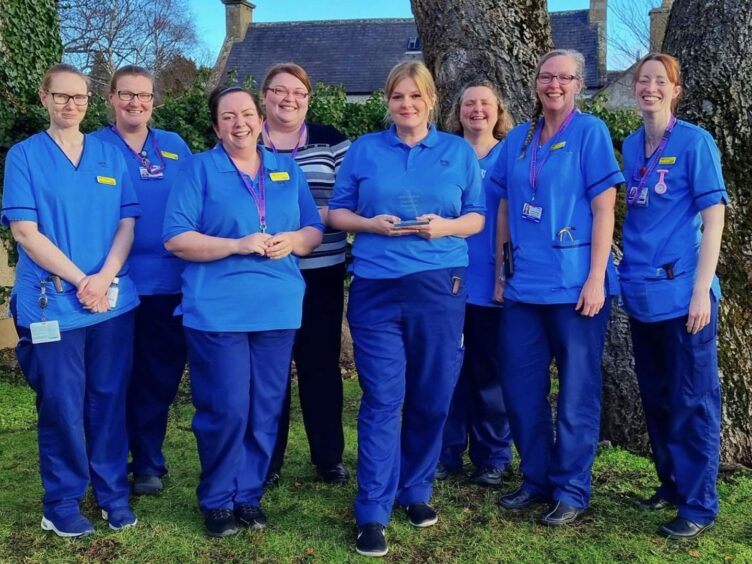

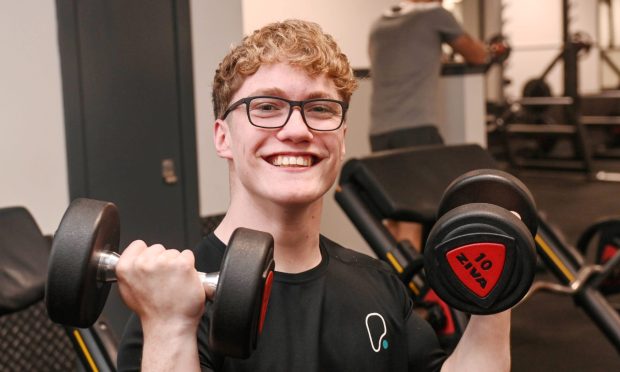

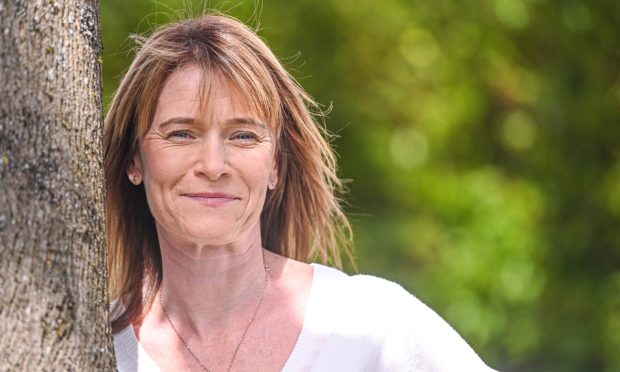
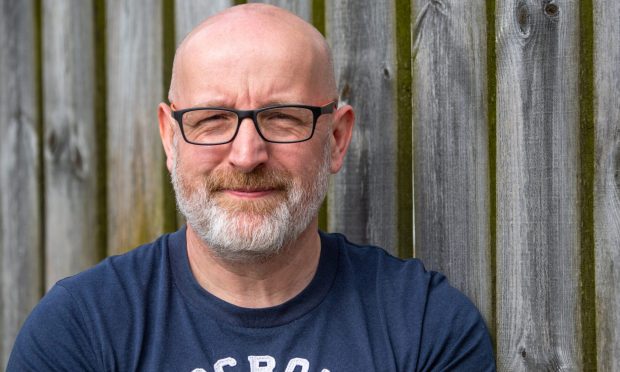
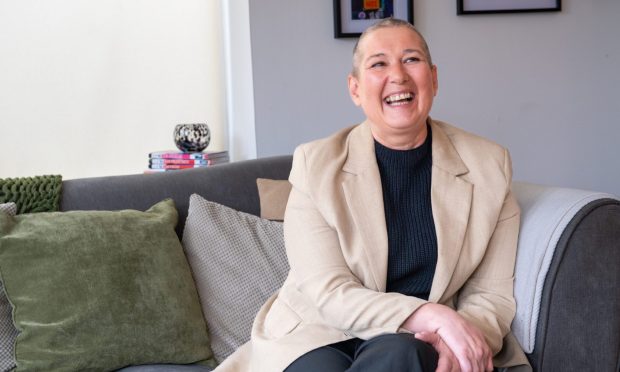
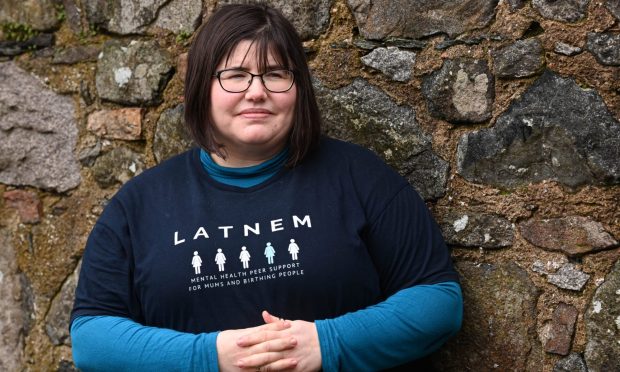
Conversation